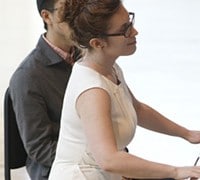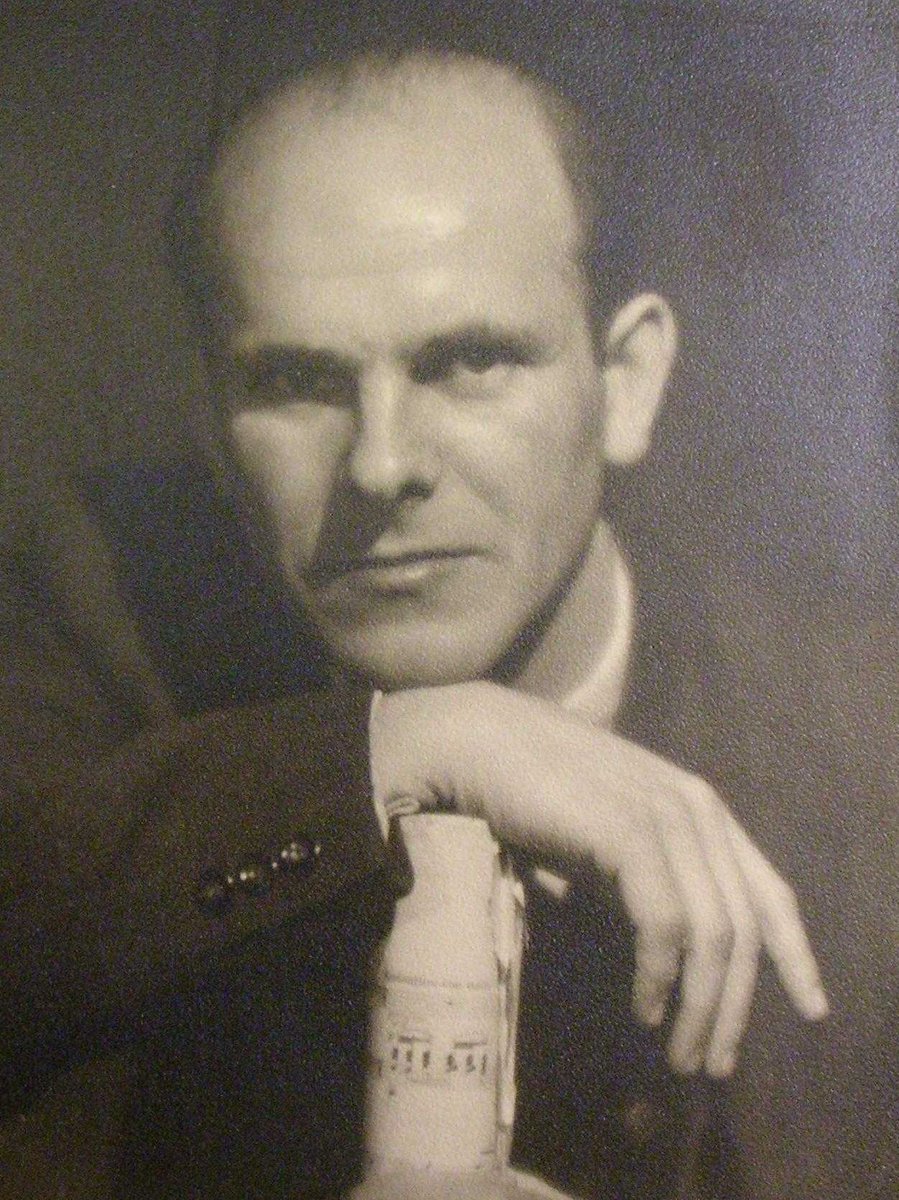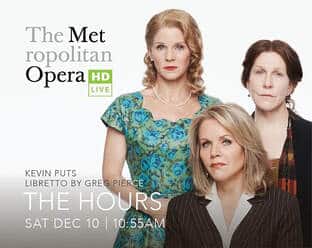Some things singers should never do to a pianist
mainJenna Douglas, a Canadian pianist and singing coach, is fed up at being taken for granted by singers and opera companies. On her entertaining Schmopera site, she has published a list of things you really shouldn’t do to a pianist.
‘Why do pianists put up with it?’ demands Jenna (pictured). ‘Because we can’t afford not to. Sure, we’re thanked profusely (even publicly!) for our extra work. When we save the day by sight-reading like a monster for a masterclass, we’re momentarily everyone’s hero. But that’s not good enough. Again, in no other industry would you dream of asking a trained professional to do work that wasn’t on their contract, for which you have no intent of paying them.’
Click here to read in full.
We’re sure Slippedisc.com readers could add more common perils of the opera pianist.






Actually I don’t entirely agree. You say that the pianist is as important as everyone else.
In a piano rehearsal for an opera – every individual could be absent, and the rehearsal could go ahead, conductor, director, one or more of the singers, the chorus, they could all be ill or stuck on a train, but with no pianist ?
Jenna’s scenarios are familiar and a good way to counter them is to shamelessly stand up for one’s self. Quote your price when someone asks you for a coaching, maybe prefacing it with ‘Would you like 30 minutes or a full hour?’ so the unknown party then brings up the subject of payment themselves. If they don’t, you state your fee. As for the other nonsense, walk away if it’s humanly possible. Staying around and being a doormat wins you no respect and just lets everyone know that you can be treated that way.
Concerning the quality of the scores you’re required to play from, make it clear before they come. If they do hand you a roll of unbound, dog-eared A4 sheets, the only loser will be the soloist as they’ve not given the accompanist the tools to help them shine.
Virtually every situation is slightly different but having a healthy sense of professional self-worth is indispensable. Asserting your terms gets easier the more you do it.
Excellent advise for most independent professionals. Thank you.
My pleasure, Christy. There’s plenty more where that came from.
Bravo, Fiona.
Thank you for sharing this. Having a friend who works as a pianist in a major opera house, I hear that one of the most annoying aspects with the job is how your opinion and ideas tend to be of no value at all. Yes, technically speaking, you are there to accompany singers and follow the directions of others. Yet, very often the pianist knows the score ten times better than most singers do – and I’m not only refering to hearing obvious mistakes, though that’s a part of it. The trouble there is that while supposedly a pianist ‘should’ point out these mistakes as they appear, some singers are too much divas to take such things in, and will blame it on something else if it is mentioned…
Finding yourself in front of stubborn singers does happen, but you generally find their resistance is down to either habit: “I’ve always sung it that way”, or a basic lack of musical education, often leading to the former attitude. Without wanting to generalise, I encounter this more often in Italian rep than German. I recommend going via the conductor if the singer in question won’t listen to a ‘mere’ pianist. If that has no effect, don’t go crazy, you’ve done all you could. Some people don’t want to be helped; they feel more secure in their mediocrity.